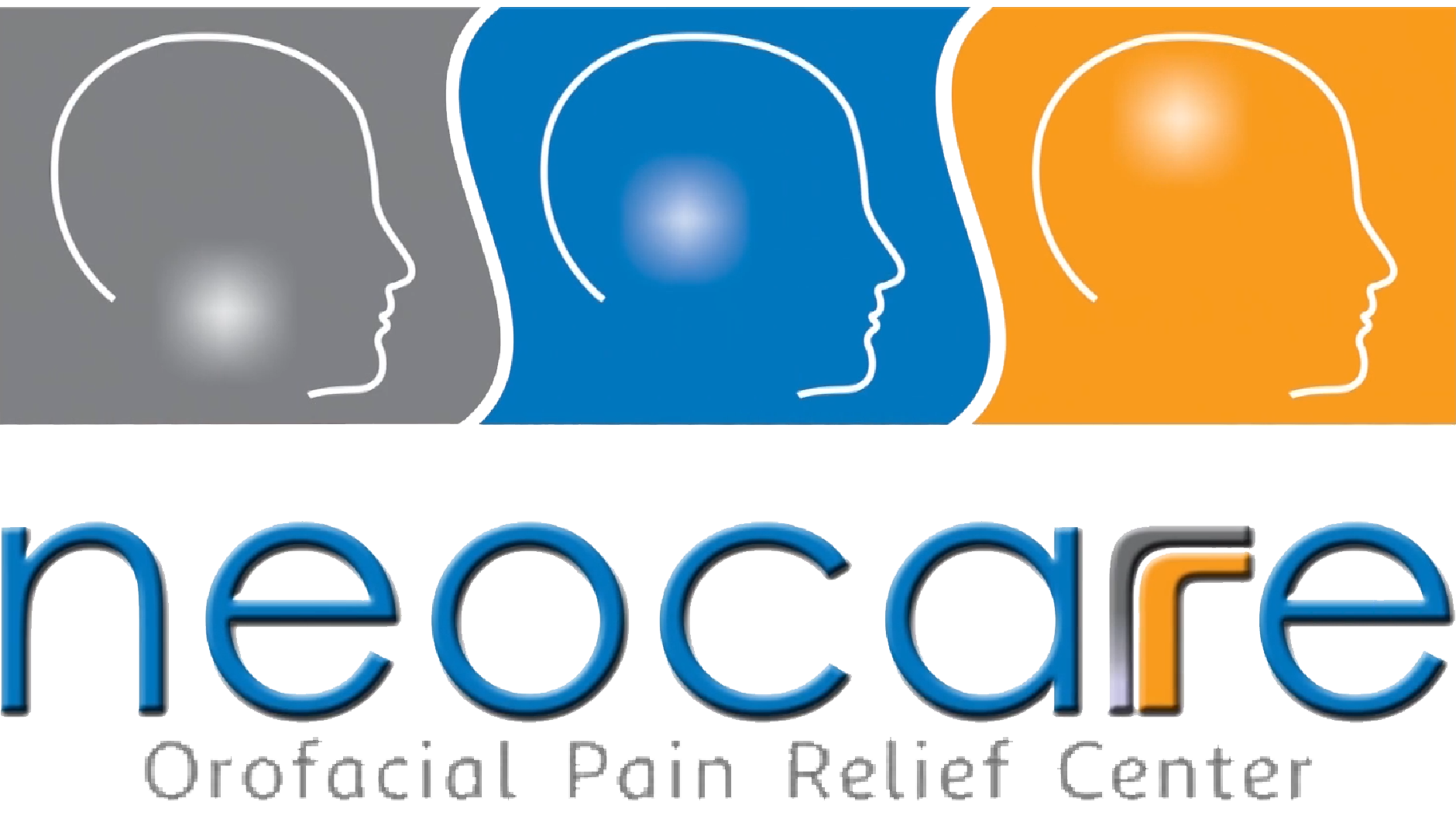Understanding Headache: Causes, Types, and Remedies
Headache are one of the most commonly experienced pain. Headache can be occasional, periodic or chronic in nature.
Headache is experienced through pain-sensitive structures around the head and neck including blood vessels, nerves, muscles and tissues, including the eyes, ears and sinuses. It can range in intensity from mild to tolerable to severe pain that does not allow daily activities. When headaches are recurrent and interfere with function, they become a disorder.
Headaches are one of the most common medical complaints worldwide, affecting people of all ages and backgrounds. While they can range from mildly annoying to debilitating, understanding the underlying causes and identifying effective remedies is essential for managing this prevalent condition. In this article, we’ll explore the various types of headaches, their causes, and potential remedies to alleviate discomfort.
Types of Headaches:
- Tension Headaches: These are the most common type of headache, typically characterized by a dull, aching sensation on both sides of the head. Tension headaches are often caused by stress, poor posture, or muscle tension in the neck and shoulders.
- Migraines: Migraines are intense headaches that can cause throbbing pain, usually on one side of the head. They are often accompanied by symptoms such as nausea, vomiting, and sensitivity to light and sound. Migraines may be triggered by various factors, including hormonal changes, certain foods, stress, and sensory stimuli.
- Cluster Headaches: Cluster headaches are excruciatingly painful headaches that occur in clusters or cycles. They typically last for a few weeks to months, followed by periods of remission. Cluster headaches often manifest as severe pain around one eye, along with redness, tearing, and nasal congestion.
- Sinus Headaches: Sinus headaches occur when the sinuses become inflamed due to allergies, infections, or other triggers. The pain is usually felt in the forehead, cheeks, and nose and may worsen with changes in head position or atmospheric pressure.
- Rebound Headaches: Also known as medication-overuse headaches, these headaches occur as a result of overusing pain relief medications. Over time, frequent use of over-the-counter or prescription drugs can lead to rebound headaches, perpetuating a cycle of pain.
Causes of Headaches:
- Stress and Anxiety: Emotional stress and anxiety can lead to muscle tension and trigger tension headaches or migraines.
- Environmental Factors: Bright lights, loud noises, strong odors, and changes in weather can trigger headaches in susceptible individuals.
- Hormonal Changes: Fluctuations in estrogen levels, commonly seen in women during menstruation, pregnancy, or menopause, can trigger migraines.
- Dietary Triggers: Certain foods and beverages, such as aged cheeses, chocolate, alcohol, and caffeine, can trigger headaches in some individuals.
- Sleep Disturbances: Irregular sleep patterns, lack of sleep, or poor sleep quality can contribute to the onset of headaches.
- Underlying Medical Conditions: Headaches can be a symptom of underlying medical conditions such as sinusitis, high blood pressure, temporomandibular joint (TMJ) disorders, or brain tumors.
Remedies and Management:
- Lifestyle Modifications: Practicing relaxation techniques, maintaining a regular sleep schedule, staying hydrated, and avoiding triggers can help prevent headaches.
- Over-the-Counter Medications: Non-prescription pain relievers such as acetaminophen, ibuprofen, or aspirin can help alleviate mild to moderate headaches.
- Prescription Medications: For severe or recurring headaches, prescription medications such as triptans, beta-blockers, or antidepressants may be recommended by a healthcare professional.
- Alternative Therapies: Some people find relief from headaches through alternative therapies such as acupuncture, massage therapy, biofeedback, or cognitive-behavioral therapy.
When to Seek Medical Attention:
While most headaches are benign and can be managed with self-care measures, certain symptoms warrant prompt medical attention. Seek medical help if you experience any of the following:
- Sudden, severe headache, especially if it’s accompanied by a stiff neck, fever, confusion, or loss of consciousness.
- Headache following a head injury or trauma.
- Headache accompanied by neurological symptoms such as weakness, numbness, vision changes, or difficulty speaking.
In conclusion, headaches are a common ailment with various causes and types. Understanding your triggers and implementing appropriate management strategies can help alleviate discomfort and improve your quality of life. However, if you experience severe or persistent headaches, it’s important to consult with a healthcare professional for proper evaluation and treatment.

